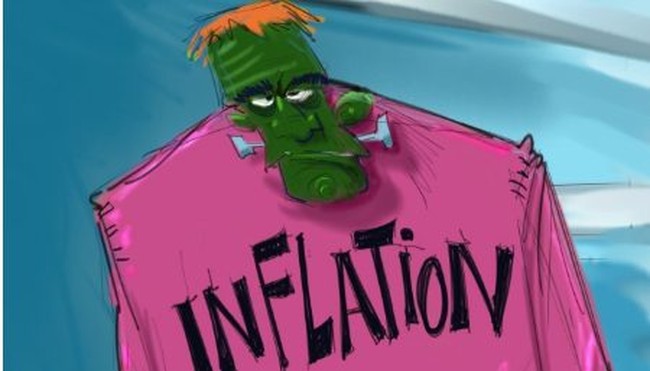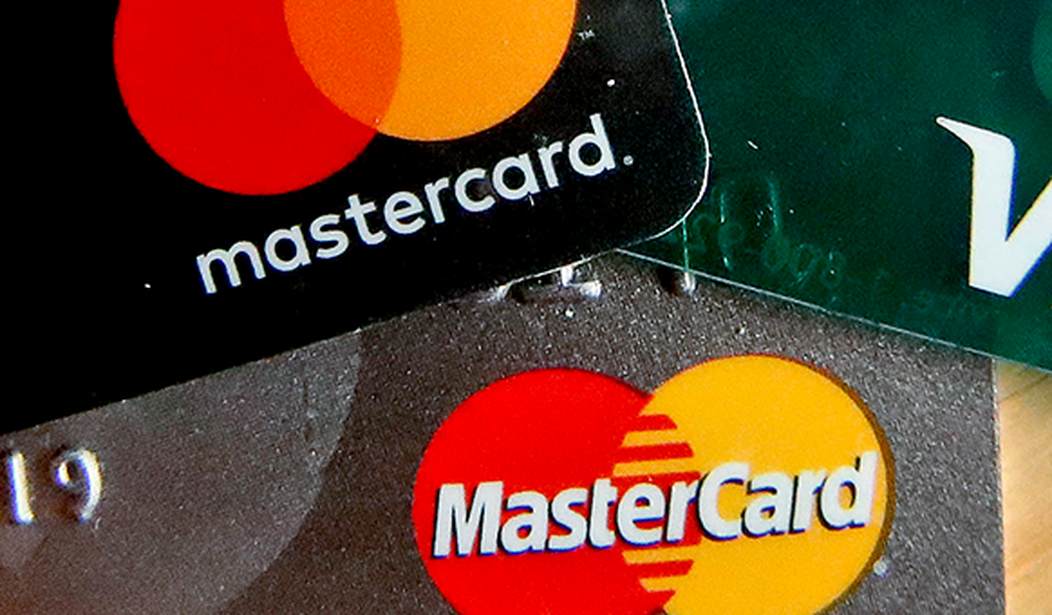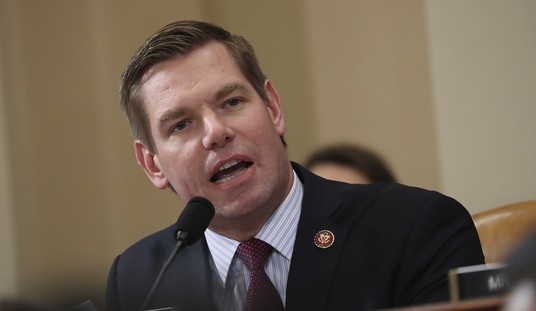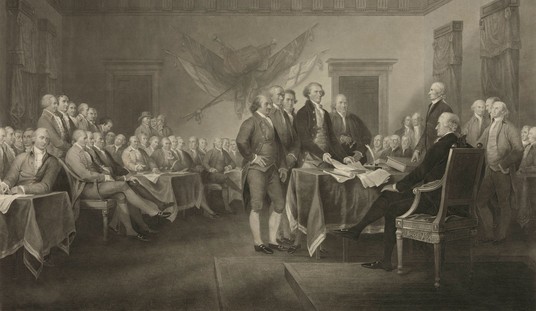The opinions expressed by contributors are their own and do not necessarily represent the views of RedState.com.

While the midterm election results and analysis proved hazy, there was one thing that voters remained crystal clear and that is the economy isn’t working for them. Exit polls show that more than 75% of voters rate the economy as “poor” or “not good.”
More than a third named “inflation” as their top issue and, eight in 10 said inflation created a “personal hardship” for them. Hopefully, an incoming Republican-controlled House will signal a return to fiscal responsibility. Unfortunately, it’s going to be an uphill battle with Democratic control of the Senate and White House.
There is a viable, near-term legislative opportunity that can bring meaningful relief to the millions of families and small businesses that are treading water while inflation continues to pull them under.
Before the session ends, Congress can pass the bipartisan Credit Card Competition Act, first introduced by Sens. Roger Marshall, R-Kan., and Dick Durbin, D-Ill., in the Senate and later in the House by Reps. Lance Gooden, R-Texas, and Peter Welch, D-Vt. I read about this legislation somewhere and I decide to do more research on it.
The bill is a silver bullet for swipe fees, an inflation multiplier that costs families almost $1,000 a year. These 2-4 percent transaction fees are responsible for thinning small business profit margins even further. Last year, merchant profit margins overall averaged 2.65 percent, while grocery stores averaged only 1.11 percent profit margins. By contrast, big banks had the highest profit margins of any industry in the nation – 32.61 percent. Not to be outdone, Visa’s profit margins last year were 51.59 percent and Mastercard’s were 46 percent.
Why the gaping disparity? It’s partly due to the duopoly created by Visa and Mastercard that has sucked competition completely out of the credit card market. Instead of participating in a free and fair market, the two credit card giants wield control over more than 80 percent of the industry and, therefore, set the swipe fees being collected by banks – a glaringly obvious market failure. As a result, the United States pays these big banks more in swipe fees than any other country in the industrialized world, a whopping $138 billion last year alone.
No one feels the impact of these unchecked fees, which are typically their second highest overhead expense, more than America’s small businesses. About 3 out of four business owners and operators already say inflationary pressure has affected their bottom line over the past year. The last thing they need to worry about is how to compensate for excessive swipe fee rates that shave even more profit off the top of their transactions.
Following the mold institutionalized by trust-busting Teddy Roosevelt, the Credit Card Competition Act would restore rules of the road to a broken credit card market in order to re-establish a healthy and free enterprise that assures more than one credit card network is made available for merchant processing.
Competition has always been the cornerstone of the American economy; this bill simply guarantees that credit card companies are not excluded from engaging in it. This piece of legislation also pointedly applies only to the largest banks in the country, so local banks and credit unions at the heart of our communities can continue to operate without any interruption.
More than 1700 businesses have already petitioned Congress to throw them a lifeline and support the Credit Card Competition Act. It’s time for legislators to choose Main Street over Wall Street and pass this bill before the end of the year.













Join the conversation as a VIP Member